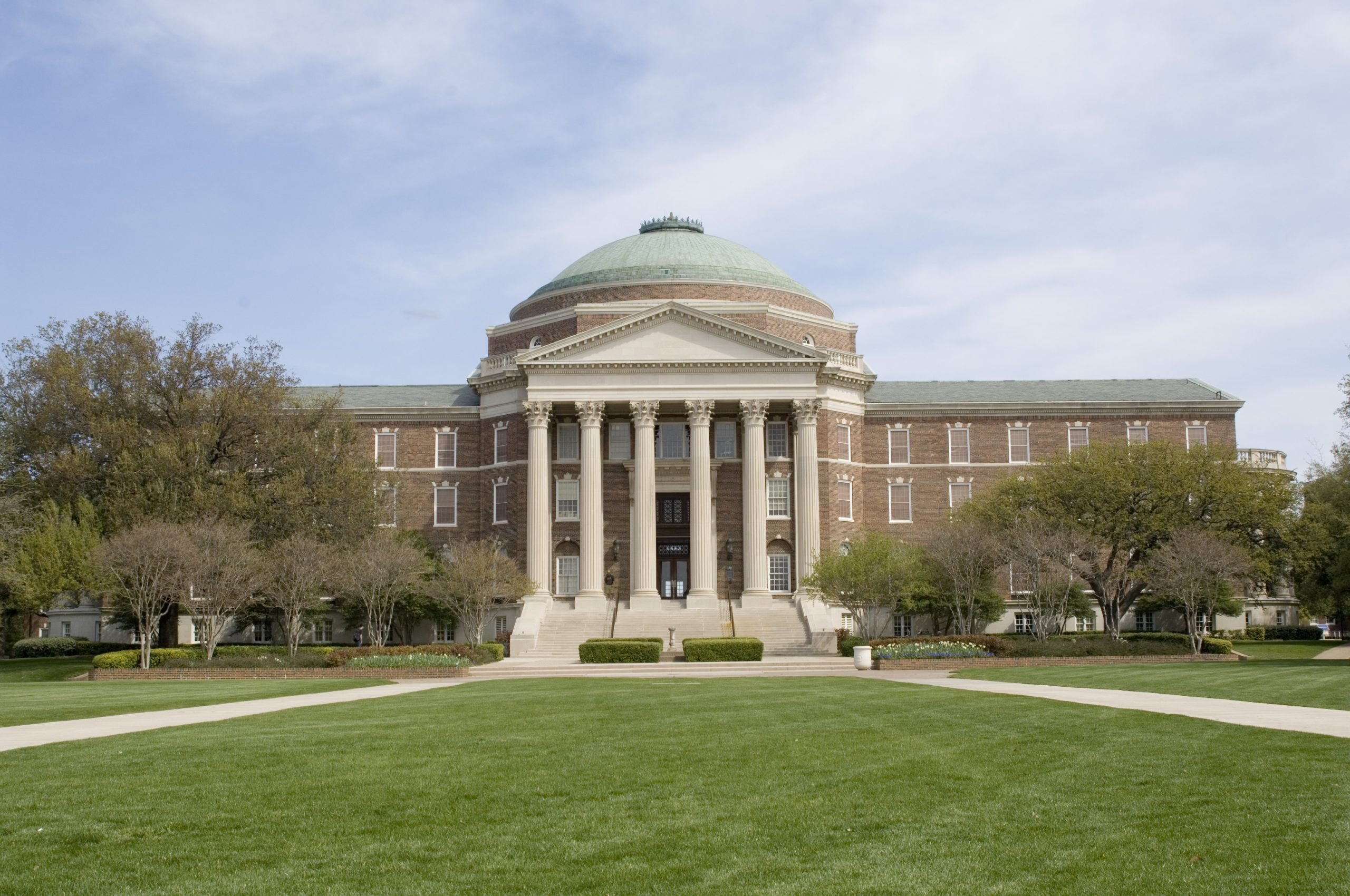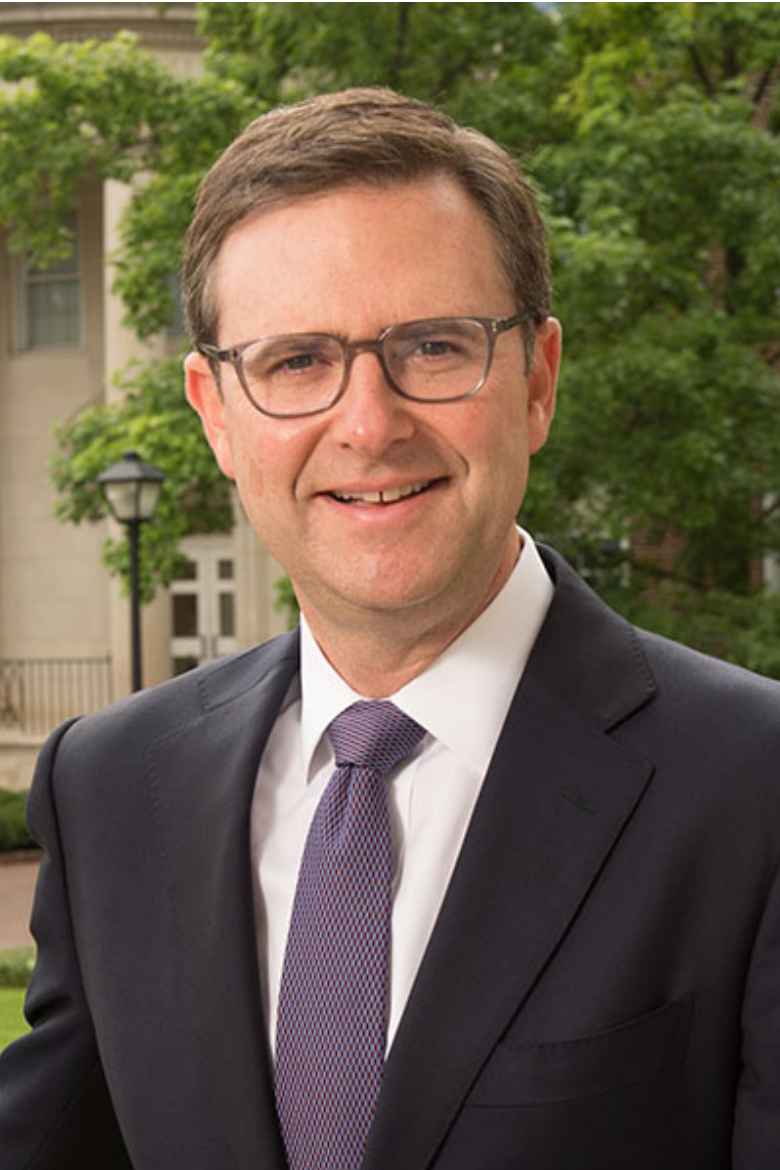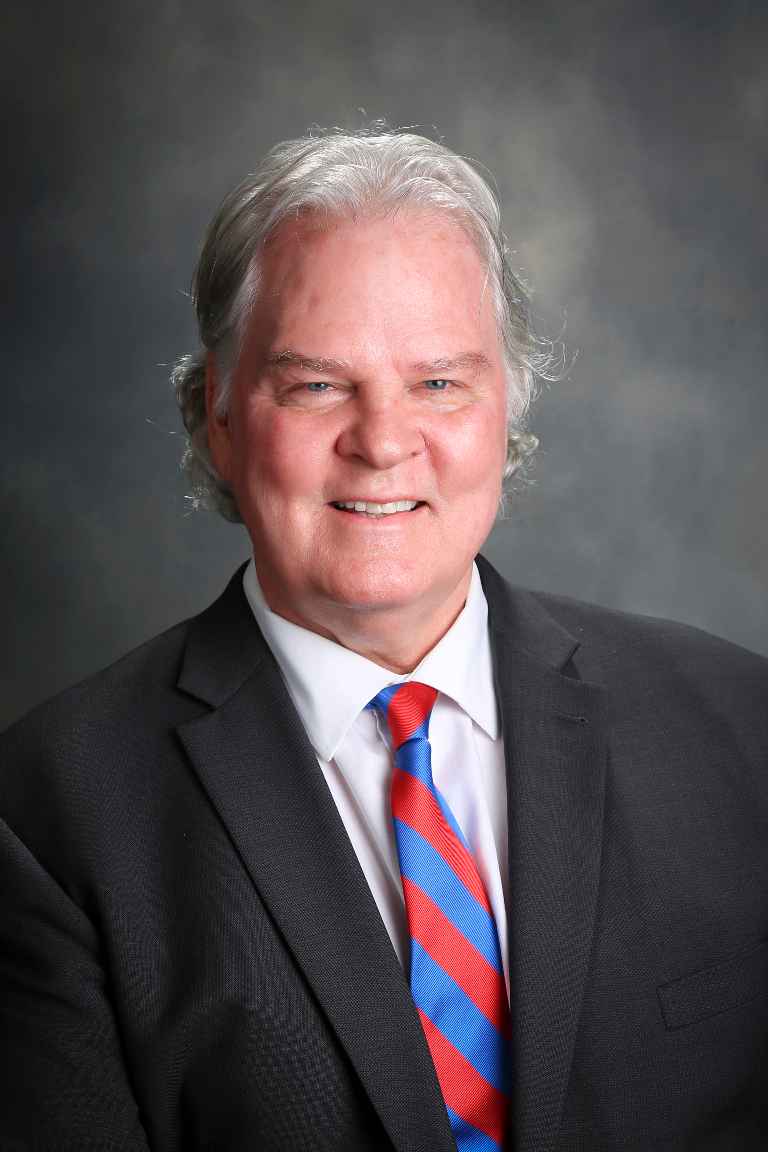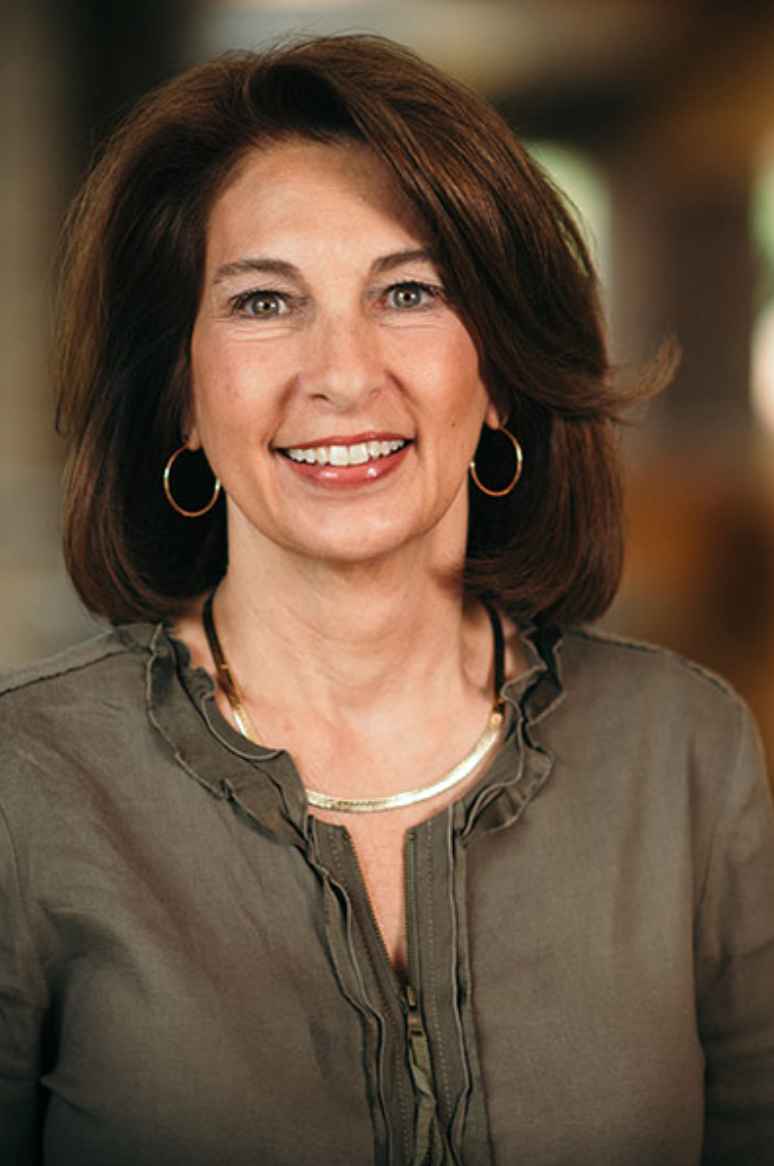University
Southern Methodist University
Dallas is one of the nation's hottest real estate markets, and the SMU Cox real estate faculty has deep connections with the industry both locally and nationally. As a student, you'll learn from the experiences of industry leaders and study in a town where real estate is king. You'll have access to industry-specific data sources and software, as well as hands-on learning opportunities through the Folsom Institute for Real Estate—the heart of the department's success.
Total members: 254
University rank: 1
Last updated: January 10, 2024

Deep Dive
In this video, we conducted an interview with current students and MBA candidates at Southern Methodist University, Nick Costanza and Blake Beckelman. A huge thank you to Nick and Blake for contributing their time and experience to help others better understand what SMU has to offer real estate students!
MBA - Real Estate, Risk Management & Business Law
2 Years
16 credit hours
Core courses
Required courses
Elective course (any 3)
The SMU Cox Graduate Real Estate Club
The organization is tailored for students intrigued by the diverse and thrilling commercial real estate industry. Whether one possesses limited real estate experience or knowledge, or is in search of a full-time opportunity post-graduation, the SMU Real Estate Club extends its welcome. The club endeavors to furnish its members with valuable insights, connections, and professional prospects within the realm of commercial real estate.
The Robert And Margaret Folsom Institute For Real Estate
Folsom places a crucial emphasis on supporting students, aligning with its mission and contributing to the expansion of the DFW real estate market. Through nurturing the development of students poised to enter the industry, Folsom actively cultivates a network of SMU Cox change-makers.



$77,629 per year
The real estate program at Southern Methodist University is housed within the Cox School of Business located in Dallas, Texas, United States.
The Robert And Margaret Folsom Institute For Real Estate
The backbone of real estate activity at SMU since 1984, the Folsom Institute bridges the academic and professional worlds. Through its dynamic programming, students gain hands-on experience and make invaluable connections in the Dallas real estate market. The takeaway? A solid foundation for success in this constantly evolving industry.
Southern Methodist University is a private institution with a campus size of 234 acres
6214 Bishop Blvd, Dallas, TX 75275, USA